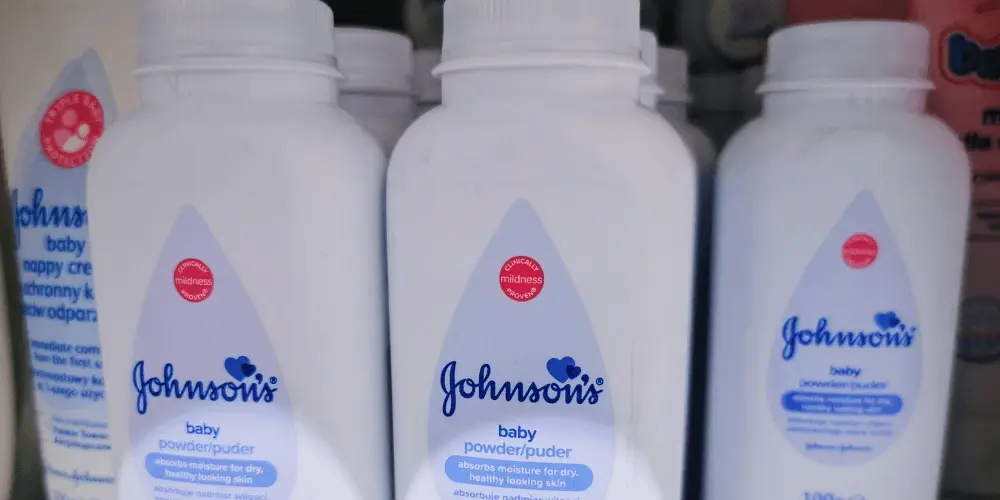A significant legal battle is brewing in the UK as a lawsuit is launched against Johnson & Johnson. The group action claims Johnson & Johnson’s talc-based products, including its iconic baby powder, are linked to cancer. This marks a pivotal moment for British consumers seeking accountability from one of the world’s largest healthcare companies.
The case, which has garnered widespread attention, was recently covered by the BBC.
Here’s everything you need to know about the lawsuit, the allegations, and what it could mean for those affected.
The allegations: Talc and cancer risks
The lawsuit alleges that Johnson & Johnson’s talc products were dangerous and contaminated with asbestos, a substance known to cause cancer. Lawyers and scientists believe that prolonged use of these products is linked to serious health issues, including:
- Ovarian cancer: Often associated with long-term use of talc in the genital area.
- Mesothelioma: A rare but aggressive cancer caused by asbestos exposure.
The BBC’s report states that many women with gynaecological cancers believe their “repeated use of talcum powder played a part in their diagnosis”.
Cancer patients, survivors and families allege they were misled about the safety of Johnson & Johnson’s products, which were marketed as pure and safe for daily use. These claims echo similar lawsuits filed in the United States, where Johnson & Johnson has faced billions of dollars in settlements and verdicts.
Speaking to the BBC, Tom Longstaff, a partner at consumer champion law firm KP Law, said: “The case has been litigated repeatedly in the American judicial system but women in the UK deserve an answer, and compensation, here.
“Asbestos cancers tend to have a latency of around 10 to 40 years. So we are walking into a wave of women reaching an age where asbestos cancers develop.”
Johnson & Johnson’s response
Johnson & Johnson has consistently denied the allegations, maintaining that its talc products are safe, asbestos-free, and supported by decades of scientific research. However, the company’s decision to discontinue its talc-based baby powder globally in 2023 and its decision to pay billions of dollars in settlements has fuelled speculation and added momentum to lawsuits worldwide.
The latest case, which involves thousands of claimants, is the first major group action against the talcum powder manufacturer in the UK. The lawsuit argues Johnson & Johnson failed to adequately warn consumers of potential risks – despite being aware that its talcum powder was contaminated with cancer-causing asbestos.
What should you do if you’ve been affected?
If you’ve developed ovarian cancer or mesothelioma after years of talcum powder use, you might be able to join talcum powder compensation claim. To learn more about this case and whether you might be eligible, visit Join the Claim.
Together, victims can hold Johnson & Johnson accountable and seek the compensation they deserve.







